Modern Platforms, Evolving Doctrine

The Gulf’s air-power evolution is increasingly shaped by the fusion of advanced platforms with modern doctrine and faster decision cycles. As regional forces adapt to complex threat environments, partners like Pakistan, whose operational experience spans multiple domains, are becoming part of the broader conversation on future air-power thinking.
The War on Knowledge: History, Ideology, and Strategic Goals of TTP Attacks on Educational Institutions
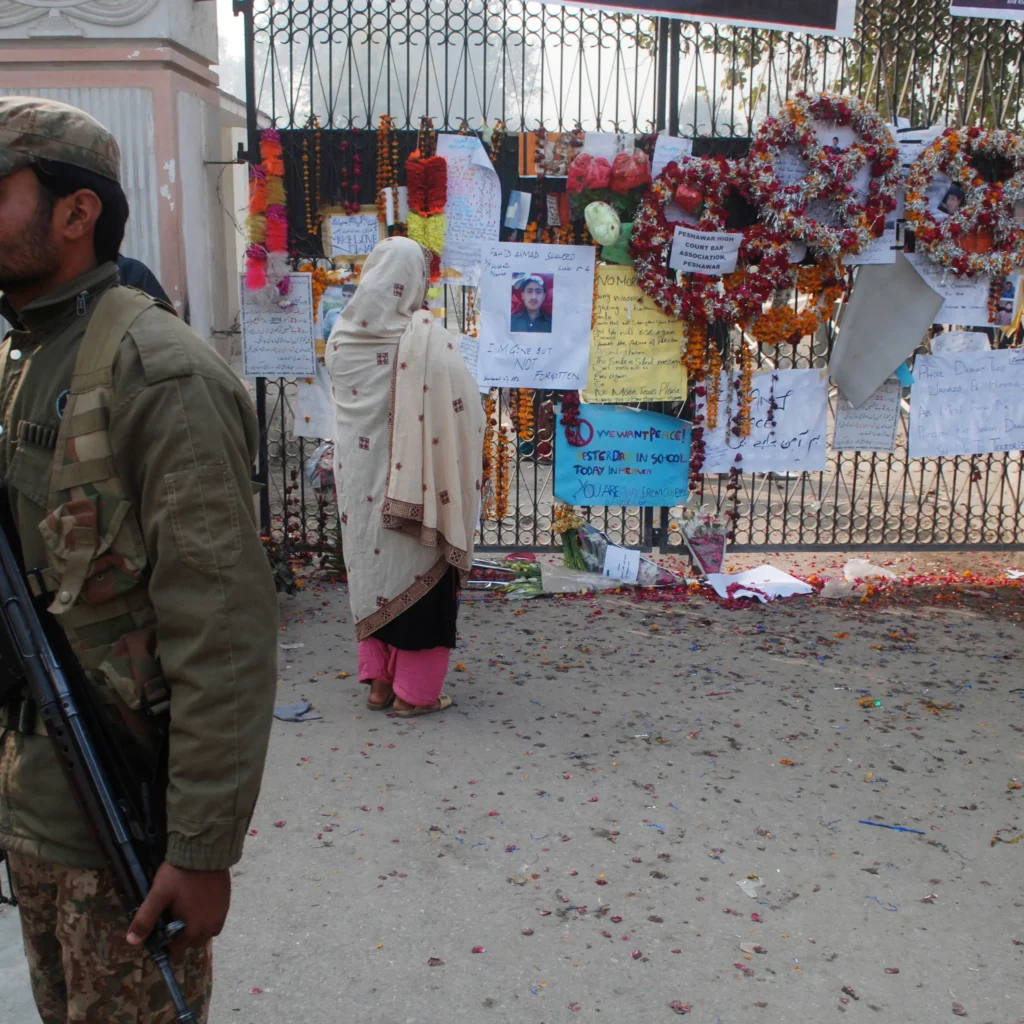
The TTP’s war on education is a deliberate campaign to reshape society by destroying schools, suppressing knowledge, and undermining state authority. Rooted in ideology, coercion, and strategy, these attacks target Pakistan’s future by dismantling its most vital institutions of learning.
Economic Engagement or Ethical Dilemma? Canada-India Relations and the Nijjar Case
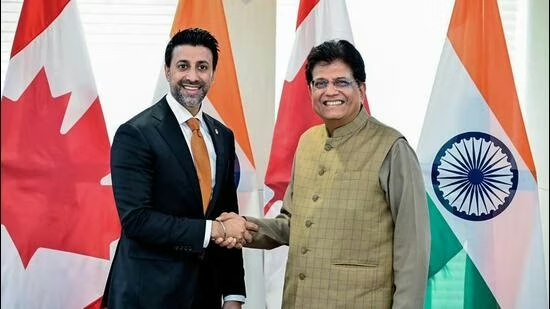
Canada’s renewed trade outreach to India comes at a moment of deep diplomatic strain. As Minister Maninder Sidhu seeks to revive economic cooperation, the unresolved assassination of Sikh activist Hardeep Singh Nijjar, and allegations implicating senior Indian officials, cast a long shadow. The controversy raises critical questions about whether Ottawa can balance economic ambitions with justice, accountability, and the protection of Canadian sovereignty.
How Pakistan can Benefit from the World Bank’s New Nuclear Policy
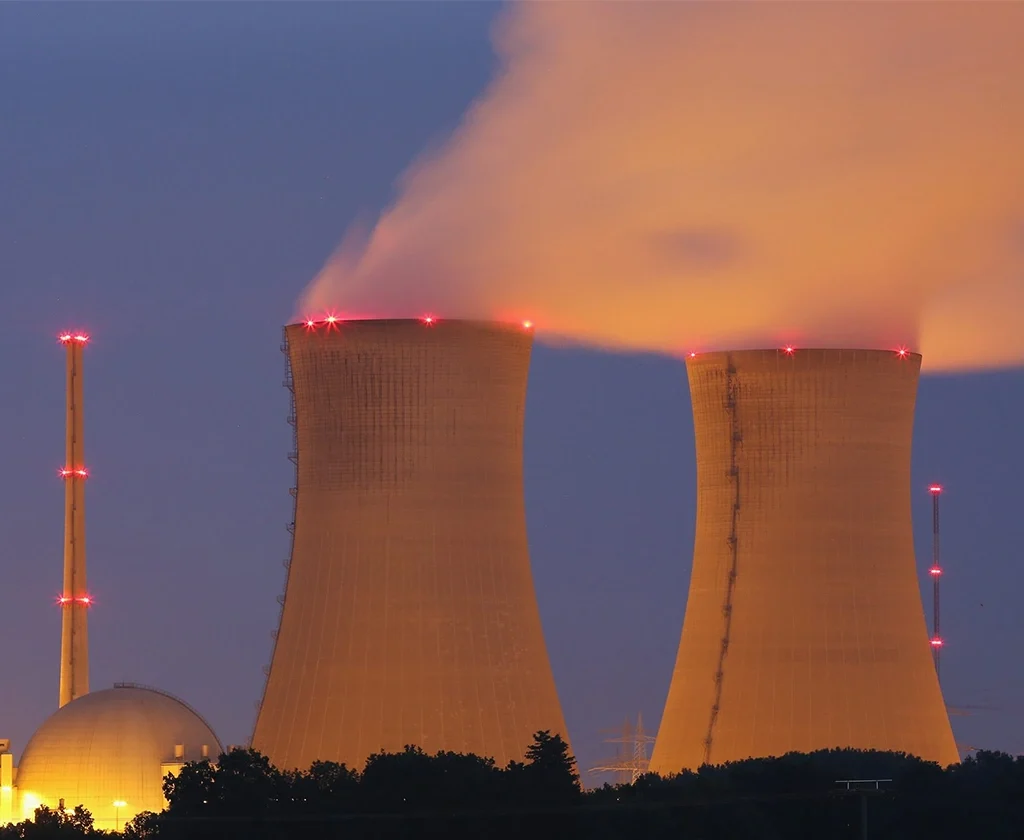
The World Bank’s decision to lift its decades-old ban on nuclear energy financing marks a turning point for developing nations. For Pakistan, this policy shift offers a rare opportunity to tackle its chronic energy crisis through clean, affordable, and reliable nuclear power. By aligning with the IAEA’s safety standards, engaging with World Bank institutions like IFC and MIGA, and integrating nuclear expansion into its national climate goals, Pakistan can position itself at the forefront of sustainable energy transformation.
Why Kabul’s Trade Boycott Hurts Itself More Than Pakistan
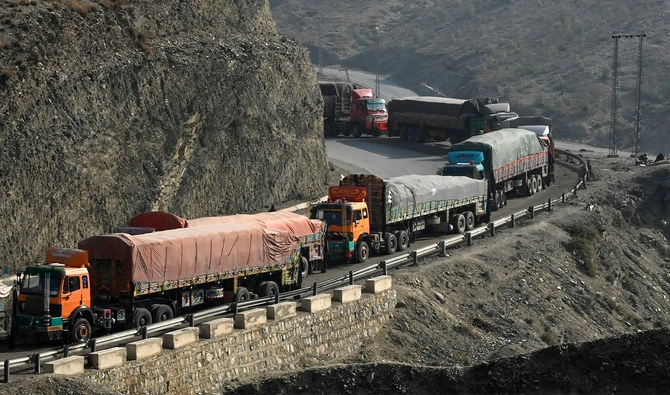
Afghanistan’s bid to pivot trade away from Pakistan after the October 2025 closures reveals the limits of sovereignty without geography. Islamabad’s leverage remains structural, grounded in security and logistics, not coercion.
The Re-Emergence of Terror: Afghanistan as a Global Terrorist Hub
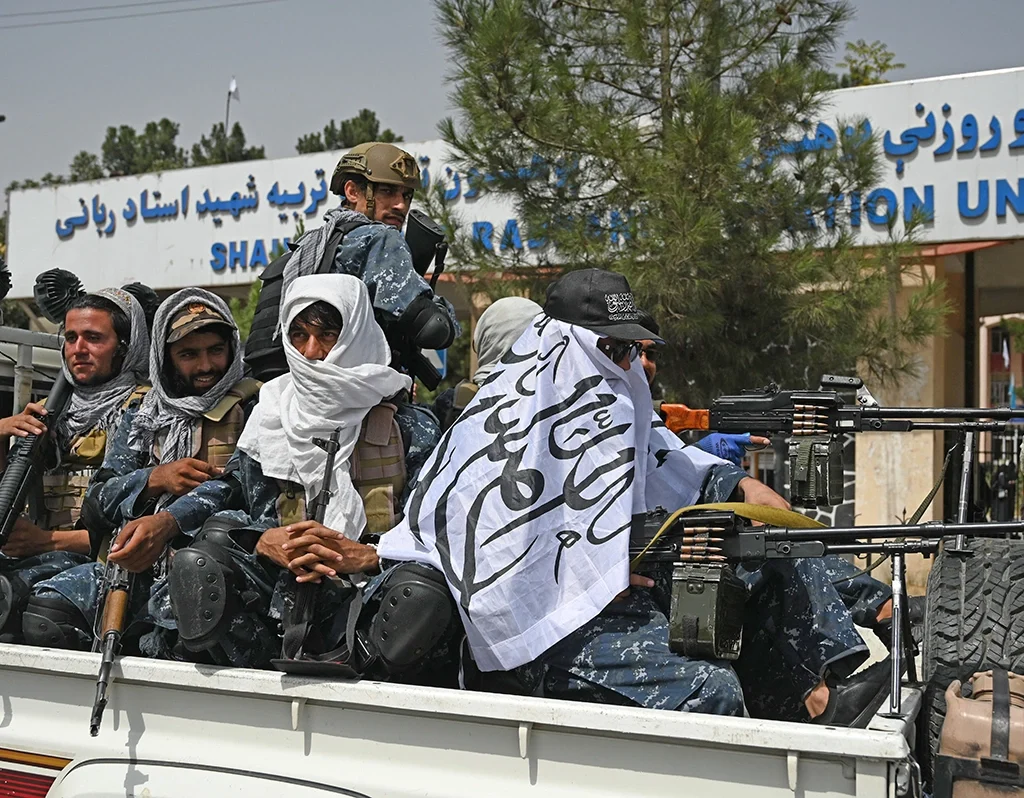
The Taliban’s return to power has revived Afghanistan’s role as a global Terrorist hub. Despite pledges under the 2020 Doha Agreement, the regime continues to shelter and enable groups such as Al-Qaeda, TTP, and ETIM, creating a volatile nexus of terrorism that threatens regional stability and global security. As internal conflicts deepen and governance collapses, Afghanistan’s transformation into an ideological sanctuary ensures a cycle of chaos and suffering that primarily victimizes its own people.
The Taliban’s Broken Promises: Time for a New U.S. Strategy in Afghanistan
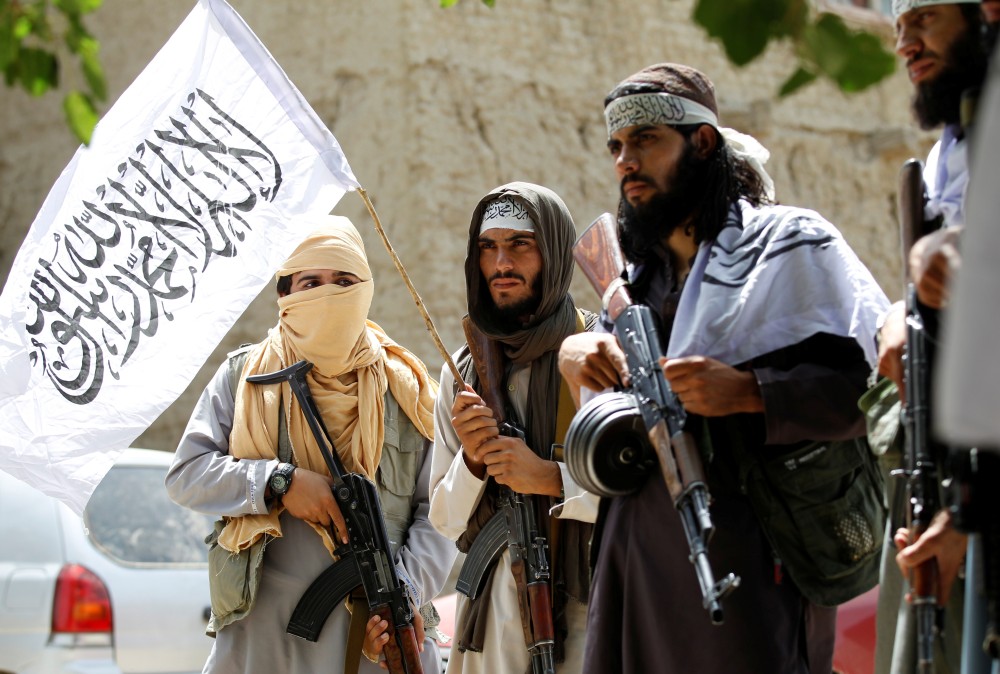
Since the Taliban’s return to power, Afghanistan has once again become a hub for militant activity despite their promises under the 2020 Doha Accord. UN and SIGAR reports reveal that Afghan soil now shelters TTP, Al-Qaeda, and ISIS-K operatives involved in cross-border attacks, particularly against Pakistan. The Taliban’s failure to uphold intra-Afghan dialogue, misuse of international aid, human rights abuses, and deception in regional agreements have eroded trust globally. With terror networks thriving under their protection, it is time for the U.S. and international community to adopt a new, accountable strategy toward Afghanistan’s Taliban regime.
Instability as Strategy: How India Benefits from the Afghan-Pakistan Breakdown
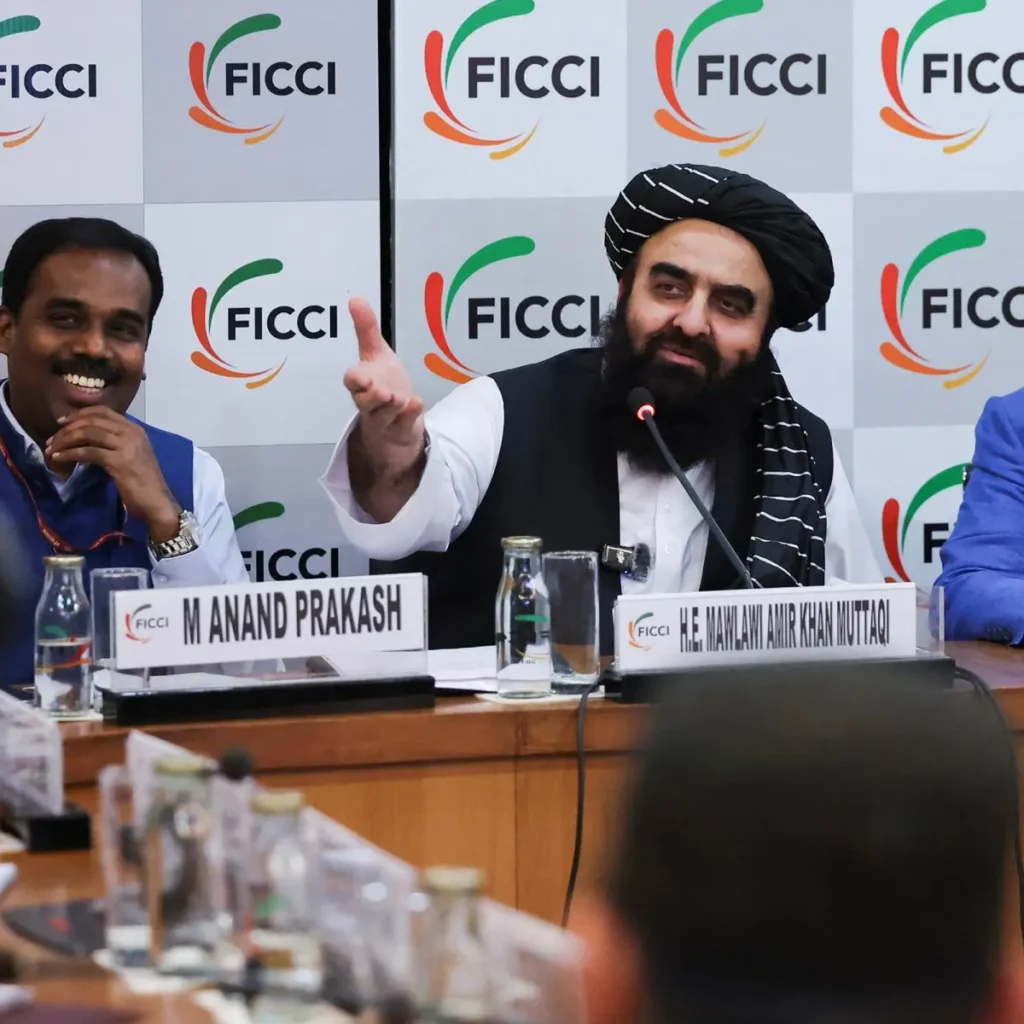
The escalating tensions between Pakistan and Afghanistan’s Taliban-led regime have reignited South Asia’s most volatile frontier. As cross-border attacks intensify and the Taliban refuses to dismantle the Tehreek-e-Taliban Pakistan (TTP), Islamabad faces mounting security and sovereignty challenges. Yet, amid this chaos, India emerges as the silent beneficiary, leveraging regional instability to weaken Pakistan strategically while maintaining its image as a victim of terrorism. This calculated exploitation threatens to entrench South Asia in a new cycle of proxy conflict.
Broken Promises: The Taliban’s Betrayal of Global Commitments
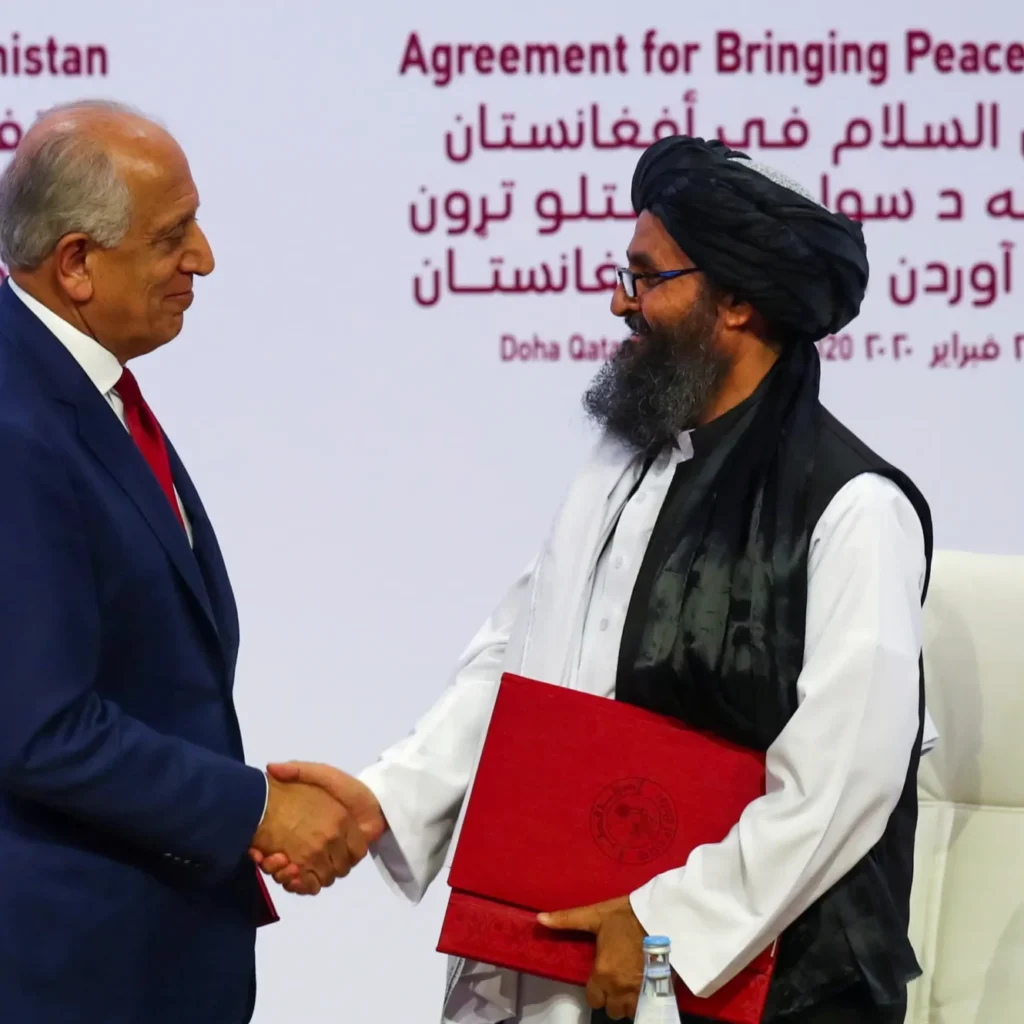
Nearly three years after seizing power, the Taliban’s systematic violation of their international commitments under the 2020 Doha Accord has transformed Afghanistan into a sanctuary for terrorism, entrenched an autocratic regime, and institutionalized gender apartheid. Beyond moral failure, this deceit poses a grave threat to regional stability, international counterterrorism efforts, and the credibility of global diplomacy. Holding the regime accountable is now a strategic necessity, not a choice.
The Tehreek-e-Hijrat of 1920 and Its Parallels with Contemporary Refugee Politics
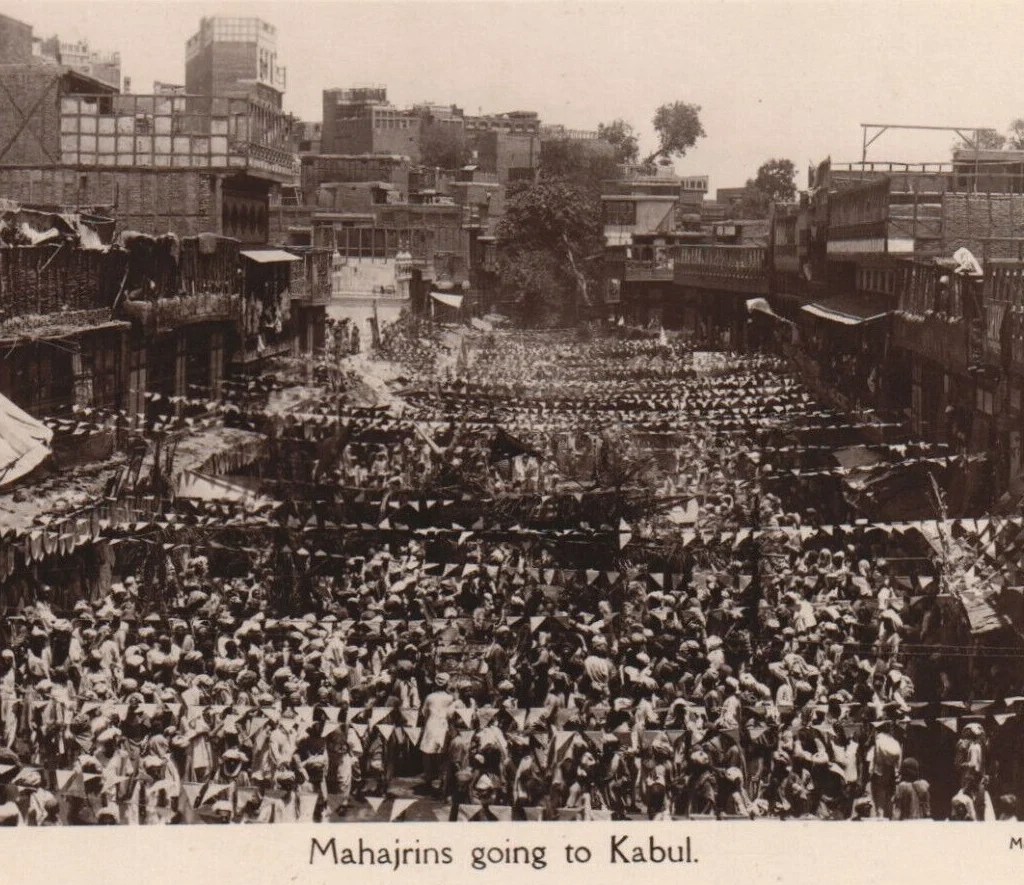
The Tehreek-e-Hijrat of 1920 saw thousands of Indian Muslims migrate to Afghanistan, only to be turned away when Kabul could no longer cope. A century later, Afghan officials criticise Pakistan’s refugee policies while ignoring their own historical refusal to host Muslim migrants. The parallel reveals not just irony, but the enduring challenge of compassion, capacity, and collective responsibility.
